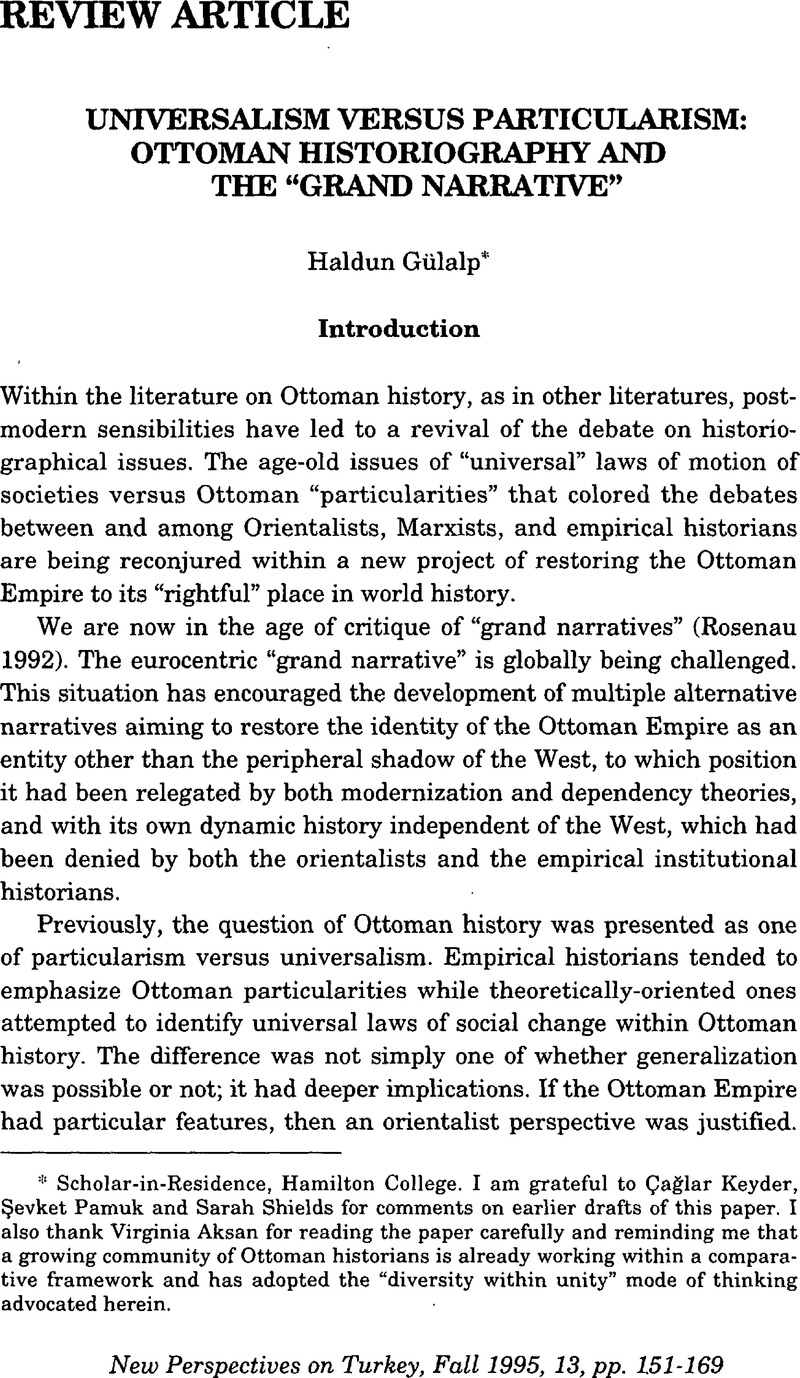Crossref Citations
This article has been cited by the following publications. This list is generated based on data provided by Crossref.
Rodolaki, Chrysanthi
Barakos, George
and
Hitch, Michael
2023.
The role of intercultural differences and challenges faced in negotiating active mine sites'rehabilitation objectives from Africa to Europe.
The Extractive Industries and Society,
Vol. 16,
Issue. ,
p.
101362.



